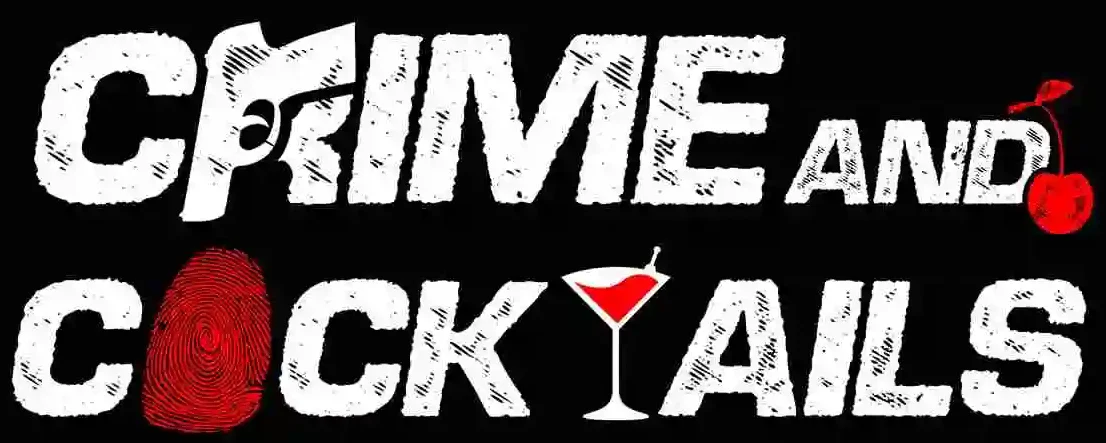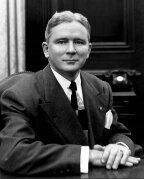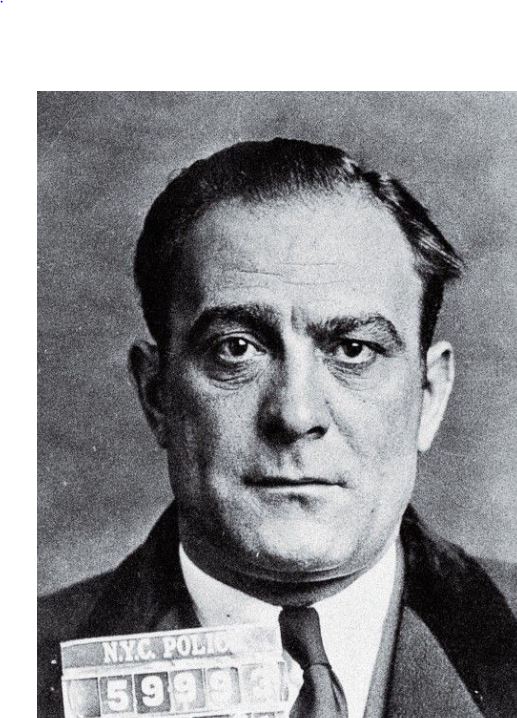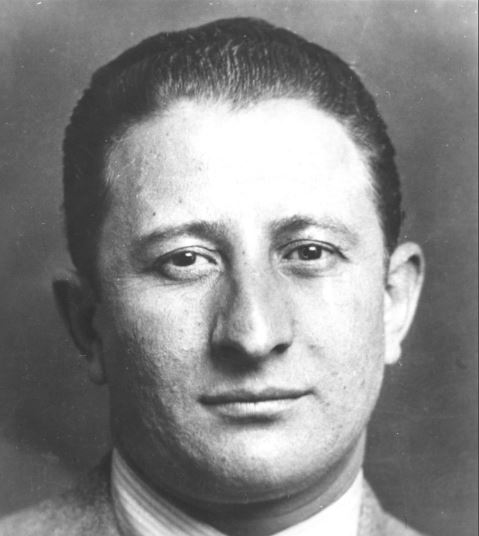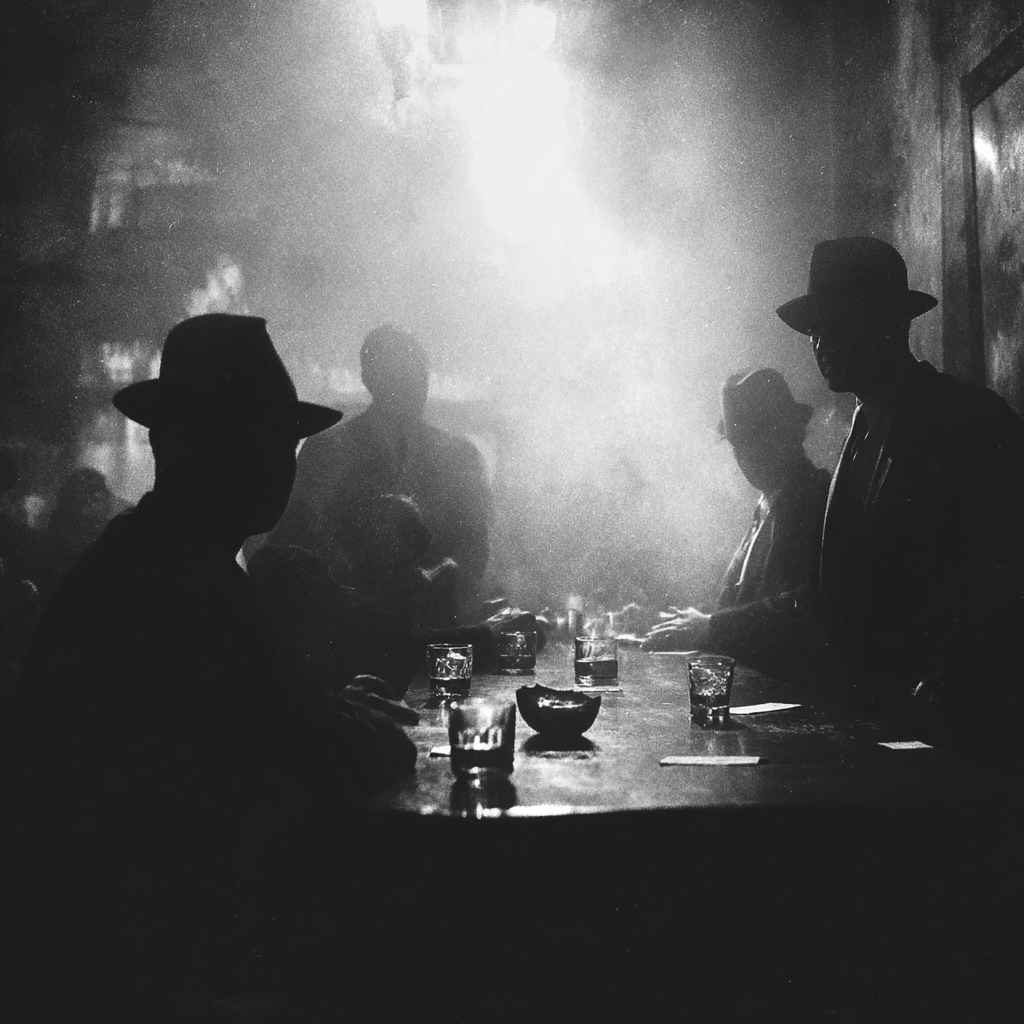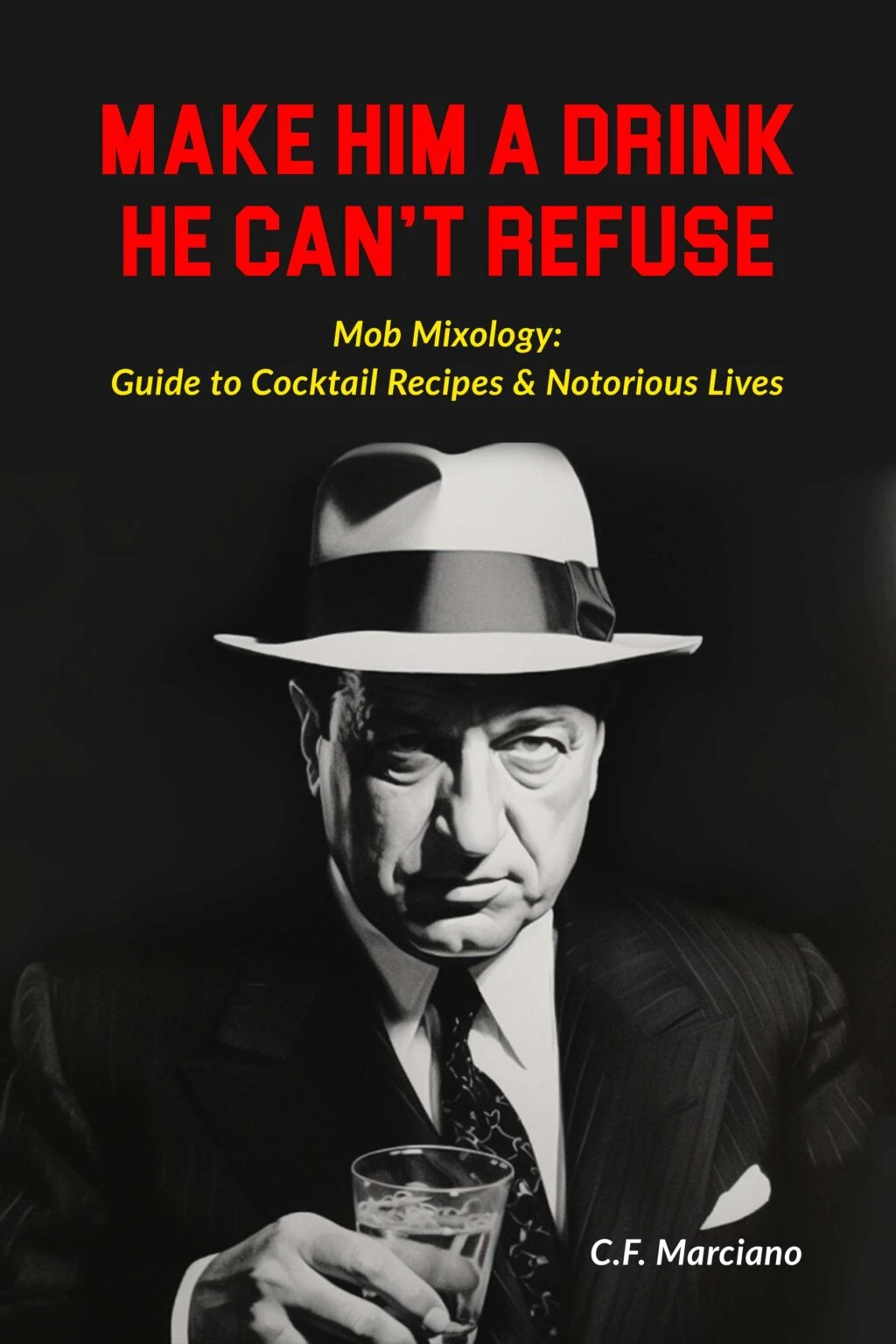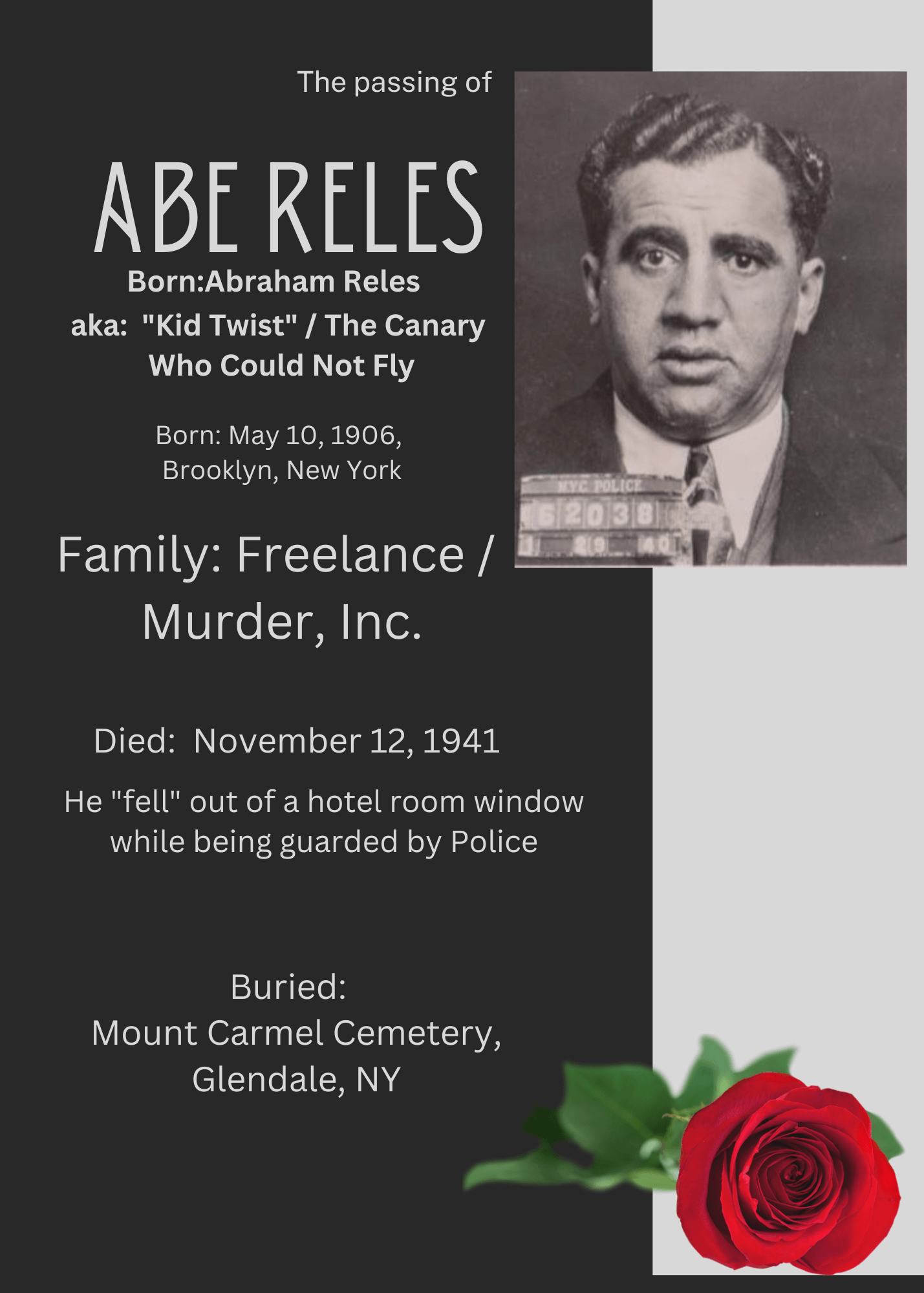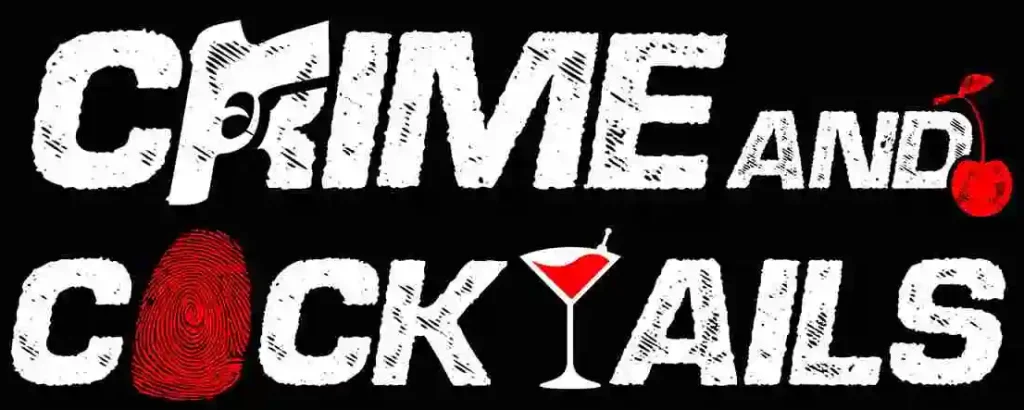By 1949, Florida had sun, sand, and scandal — and right in the center of it all was a man with a silver mane and a laugh so loud it echoed through the marble halls of Tallahassee: Governor Fuller Warren. But behind that easy chuckle and good-ole-boy charm was something far more sinister. Warren wasn’t just rubbing elbows with Florida’s political elite — he was swimming in a pool full of mobsters, race-track kingpins, and corruption as thick as the Miami humidity. And the deeper you dig into Warren’s rise, the more it reeks of Al Capone’s old cigar smoke.

The story of Fuller Warren isn’t just a tale of one crooked politician — it’s a window into a Florida that was wide open for the taking. Illegal gambling ran rampant, crime bosses operated in broad daylight, and justice was doled out to the highest bidder. When Estes Kefauver’s Senate Committee started shining a flashlight into the shadows, the roaches scrambled — and Fuller Warren was right in the thick of it.

Mob Money and a Million-Dollar Smile
Let’s rewind to the 1948 Florida gubernatorial campaign. Warren, a relatively charming and obscure figure from Jacksonville, needed cash — and lots of it. Campaigns don’t run on sunshine. That’s when William “Big Bill” Johnston stepped in. Johnston, a major operator of dog racing tracks across Chicago and Florida, had deep ties to the Capone mob and had stepped into the spotlight after the gangland assassination of “Easy Eddie” O’Hare, Capone’s lawyer-turned-informant.

After O’Hare’s death, Johnston inherited the dog track empire — including operations in Tampa, Miami, Jacksonville, and Orange Park — and was eager to solidify the mob’s grip on Florida. Warren was the perfect puppet. Johnston didn’t just throw Warren a bone — he allegedly pumped $154,000 into Warren’s campaign coffers, and when you tally up all the donations from Johnston and his mobbed-up associates, the figure ballooned to a staggering $404,000. That’s more than half of Warren’s entire fundraising war chest.
So what did the mob get for their money? Access. Influence. Protection. And most importantly — a green light to flood the state with rackets, race books, and illicit profits.
A Governor Who Couldn’t See the Casinos for the Palms
Once sworn in, Warren played dumb. Illegal gambling? Never heard of it. Mob control? Nonsense. Meanwhile, the Sunshine State was blazing hot with corruption. Gamblers, touts, and hitmen strutted through Miami like they owned it — because, well, they pretty much did.
Warren fired a few sheriffs and constables — including the powerful and wealthy Dade County Sheriff Jimmy Sullivan — when things got too hot. But when the heat cooled down, Sullivan was right back in office. Curious, right?
Then came the Kefauver Committee. They saw through the facade and wanted Warren to testify. Not once. Not twice. Three times they summoned him — and when he still didn’t show, they slapped him with a subpoena. Warren clutched the flag of “state’s rights” like a lifeline and refused to testify, claiming the feds had no jurisdiction to pull a sitting governor to Washington. Senator Herbert O’Conor, chair of the committee, wasn’t buying it. But Warren stood his ground, refusing to go on the record and explain how his state had become a gangster’s playground under his watch.
Refusing to testify didn’t exactly scream innocence.
The Capone Connection
At the heart of it all was Johnston — Capone’s former race track man and now the money man behind Warren’s rise. Johnston wasn’t just throwing donations around out of kindness. He wanted — and got — power. When Johnston and his Chicago crew were initially blocked from joining the S & G Syndicate — a South Florida bookmaking ring led by local businessmen — they sent in muscle. Literally. Enter Harry “The Muscle” Russell, a Capone enforcer sent to make the locals an offer they couldn’t refuse.
When that didn’t work, Johnston took a more strategic route: bankroll the governor. And it paid off.
Warren appointed W.O. Crosby — a shady Jacksonville private investigator with a criminal record — to lead a “crackdown” on Miami gambling dens. Sounds noble, right? But here’s the twist: Crosby’s raids only targeted S & G parlors. It was a hit job masquerading as justice. Not long after, the raids mysteriously stopped. Why? Because Johnston got his slice of S & G’s operations and, for good measure, snagged a fat portion of the state’s road-building material contracts. Business was booming.
Legacy of Shadows
Today, Warren’s name doesn’t ring many bells outside of political history classes. But his governorship was one of the darkest and most compromised in Florida’s history. He didn’t just ignore organized crime — he helped it flourish. He didn’t just tolerate the mob — he was funded by it. And he didn’t just laugh off the accusations — he buried them under a smile and a speech about states’ rights.
But history remembers. Behind every big laugh, there’s a truth waiting to be told. And in the case of Governor Fuller Warren, the truth is drenched in gambling money, backroom deals, and the long, cold shadow of Al Capone.
So the next time someone says corruption can’t happen in broad daylight, remind them of the Florida governor who turned the sunshine into a spotlight — and still refused to come clean.
Penned by the Infamous C.F. Marciano – A Name You Don’t Forget.
